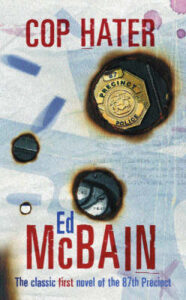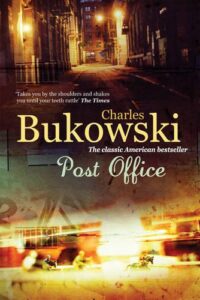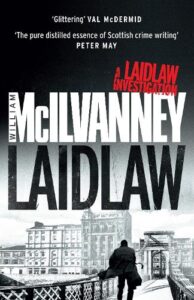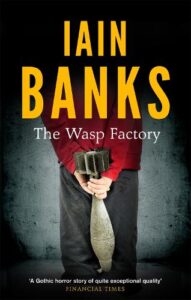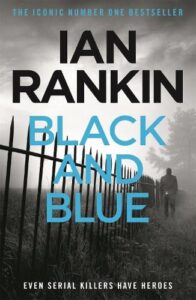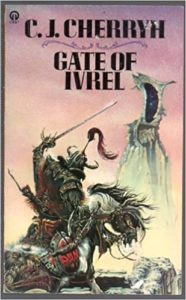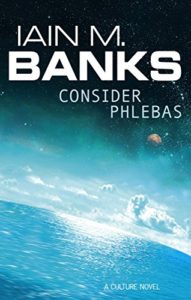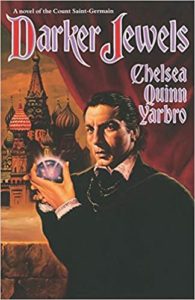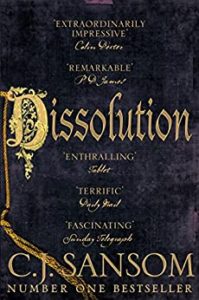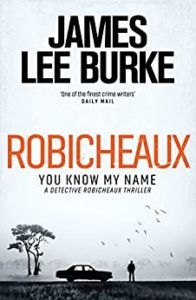Decades: Compiling The Ultimate Library with Philippa East
Welcome back to my Decades Library, my ongoing quest to curate a library of the very best reading options selected by authors, publishers, bloggers, journalists – booklovers all.
Back in 2021 I was contemplating a hypothetical situation: What if I had a brand new library with no books on the shelves…which books should I add to my library to ensure only the best and most-loved books were to be available to library visitors. My own knowledge of books is too limited to a narrow time period and heavily leaning into crime and thrillers. It was clear the only way I could get a good representation of great books was to ask for help to fill the shelves of my Ultimate Library. But why do I call it a Decades Library?
To ensure my new Library has a good spread of reading options I ask each of my guests to follow two rules when they make their selections around which books they would like to see included within my Library:
1 – Choose ANY five books
2 – You may only choose one book per decade from five consecutive decades.
Five books from Five Decades. That is my Decades Library in a nutshell.
Today I am utterly thrilled to be able to welcome Philippa East to Grab This Book. Before I hand over the rest of this post to Philippa I’d just like to apologise for the delay in sharing these selections – last Friday there was a bit of a national distraction when the UK Government changed so I didn’t want booklove to get lost in the collective upheaval we experienced!
Let me stop waffling on now and let Philippa take over from here.
 Philippa East grew up in Scotland and originally studied Psychology and Philosophy at the University of Oxford. After graduating, she moved to London to train as a Clinical Psychologist and worked in NHS mental health services for over ten years. Her debut novel Little White Lies was longlisted for the Guardian’s “Not-The-Booker” prize and shortlisted for the CWA John Creasey New Blood Dagger for best debut of 2020. She has since published three further psychological thrillers: Safe and Sound, I’ll Never Tell and A Guilty Secret. Philippa lives in the Lincolnshire countryside with her spouse and cat, and alongside her writing she continues to work as a psychologist and therapist. You can find her on X/Twitter: @philippa_east and on Facebook/Instagram @philippa_east_author.
Philippa East grew up in Scotland and originally studied Psychology and Philosophy at the University of Oxford. After graduating, she moved to London to train as a Clinical Psychologist and worked in NHS mental health services for over ten years. Her debut novel Little White Lies was longlisted for the Guardian’s “Not-The-Booker” prize and shortlisted for the CWA John Creasey New Blood Dagger for best debut of 2020. She has since published three further psychological thrillers: Safe and Sound, I’ll Never Tell and A Guilty Secret. Philippa lives in the Lincolnshire countryside with her spouse and cat, and alongside her writing she continues to work as a psychologist and therapist. You can find her on X/Twitter: @philippa_east and on Facebook/Instagram @philippa_east_author.
Amazon Author Page:https://www.amazon.co.uk/stores/Philippa-East/author/B07S3JQDGK
DECADES
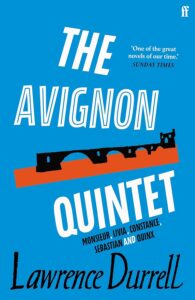 The Avignon Quintet by Lawrence Durrell: 1974 (Book 1)
The Avignon Quintet by Lawrence Durrell: 1974 (Book 1)
I’ve been a huge fan of Lawrence Durrell since reading the Alexandria Quartet (which I would have chosen here but that was published the decade before!). He writes beautifully and I find his storytelling utterly immersive.
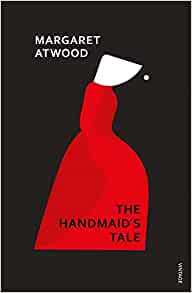 The Handmaid’s Tale by Margaret Atwood: 1985
The Handmaid’s Tale by Margaret Atwood: 1985
It’s amazing to think this book was written almost 40 years ago. I follow US politics closely, and it’s shocking to see how close America currently seems to be to devolving into a Gilead state.
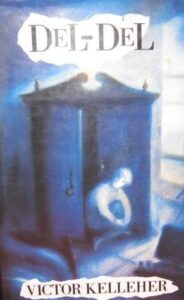 Del-Del by Victor Kelleher: 1991
Del-Del by Victor Kelleher: 1991
This YA book was a huge inspiration for my debut Little White Lies, with it’s moving portrayal of a grieving family, wrapped around a powerful thriller plot.
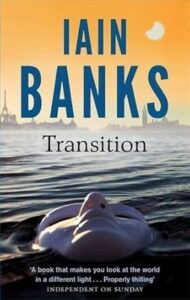 Transition by Iain Banks: 2009
Transition by Iain Banks: 2009
I’ve loved so many of Iain Banks’ books and this novel is such a tour-de-force. The book I’m currently writing is a speculative thriller, and I’ve always enjoyed books that play at the edges of reality as this one does.
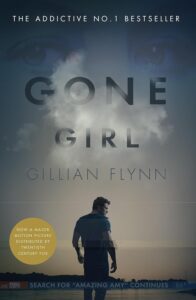 Gone Girl by Gillian Flynn: 2012
Gone Girl by Gillian Flynn: 2012
I consider this the masterwork of the modern psychological thriller and it’s the book that inspired me to write myself in this genre. I have read it at least three times and always discover some other gem in this incredible work.
Huge thanks to Philippa for these fabulous selections. This is the fourth year of Decades and the buzz of anticipation I get when I first get to see a new selection of recommended books is only bettered by the feeling of excitement when I discover there’s a book I’ve never heard of until now – it plays hell with my TBR but I wouldn’t change it for the world.
DECADES WILL RETURN


